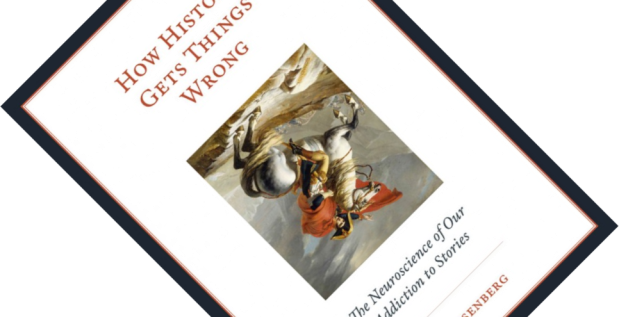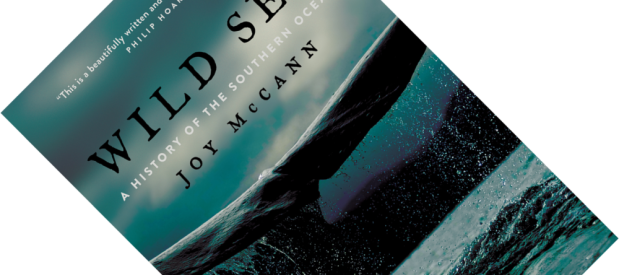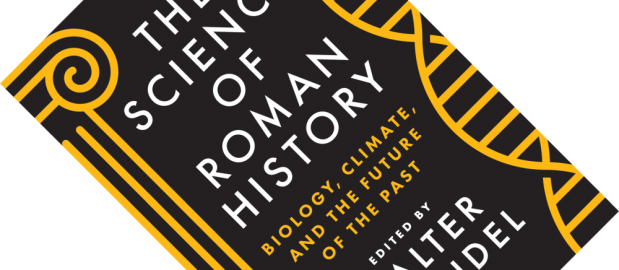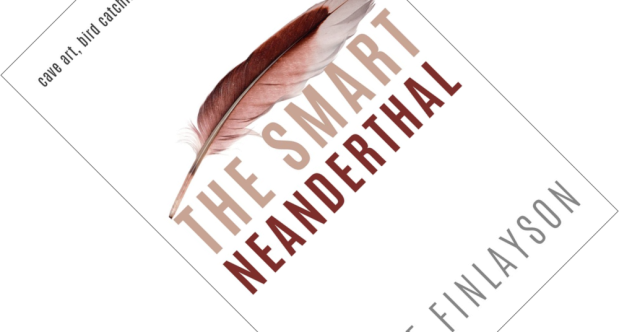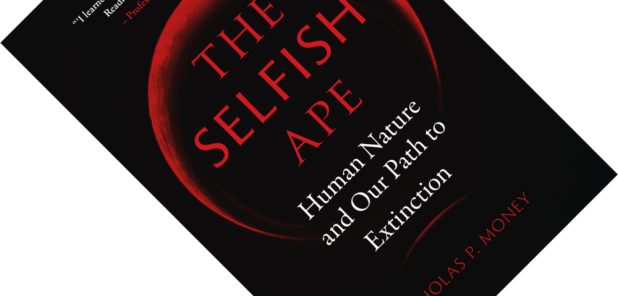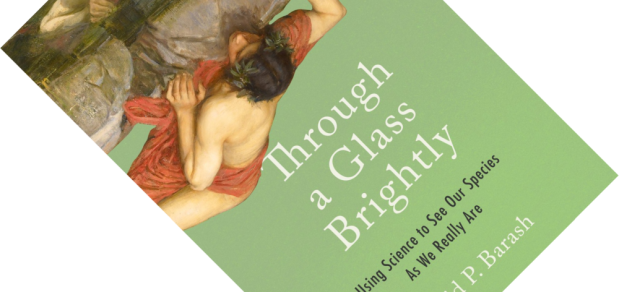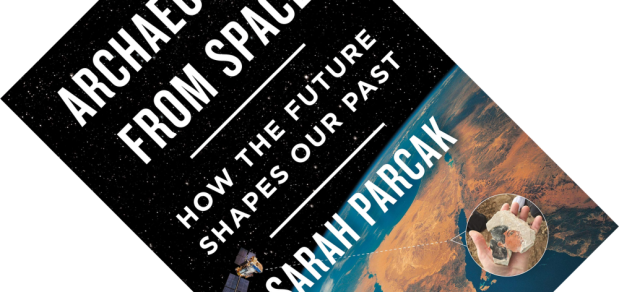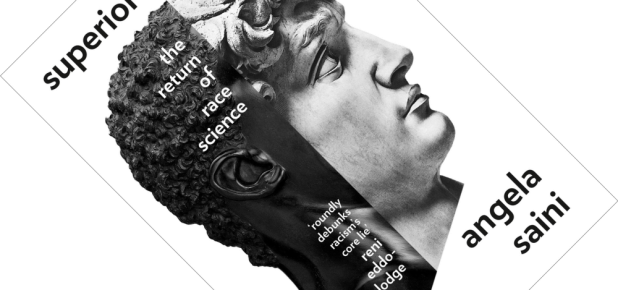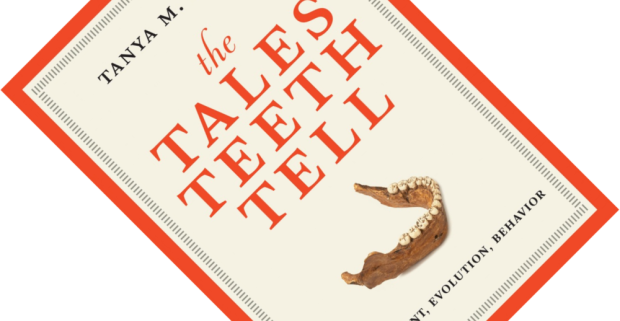7-minute read
I will come right out and say this: if the subtitle turned you off, give this book a chance. Yes, this is a sceptical take on the subject, but without the typical mockery and ridicule. Natural sees religious scholar Alan Levinovitz critically but thoughtfully examine the appeal to nature fallacy*: the idea that just because something is natural it is good. For a biologist, the “natural goodness” myth is particularly grating as it requires some exceptional cherry-picking to come to this conclusion. As far as logical fallacies go, this is a big personal bug-bear. Why is it so compelling?


